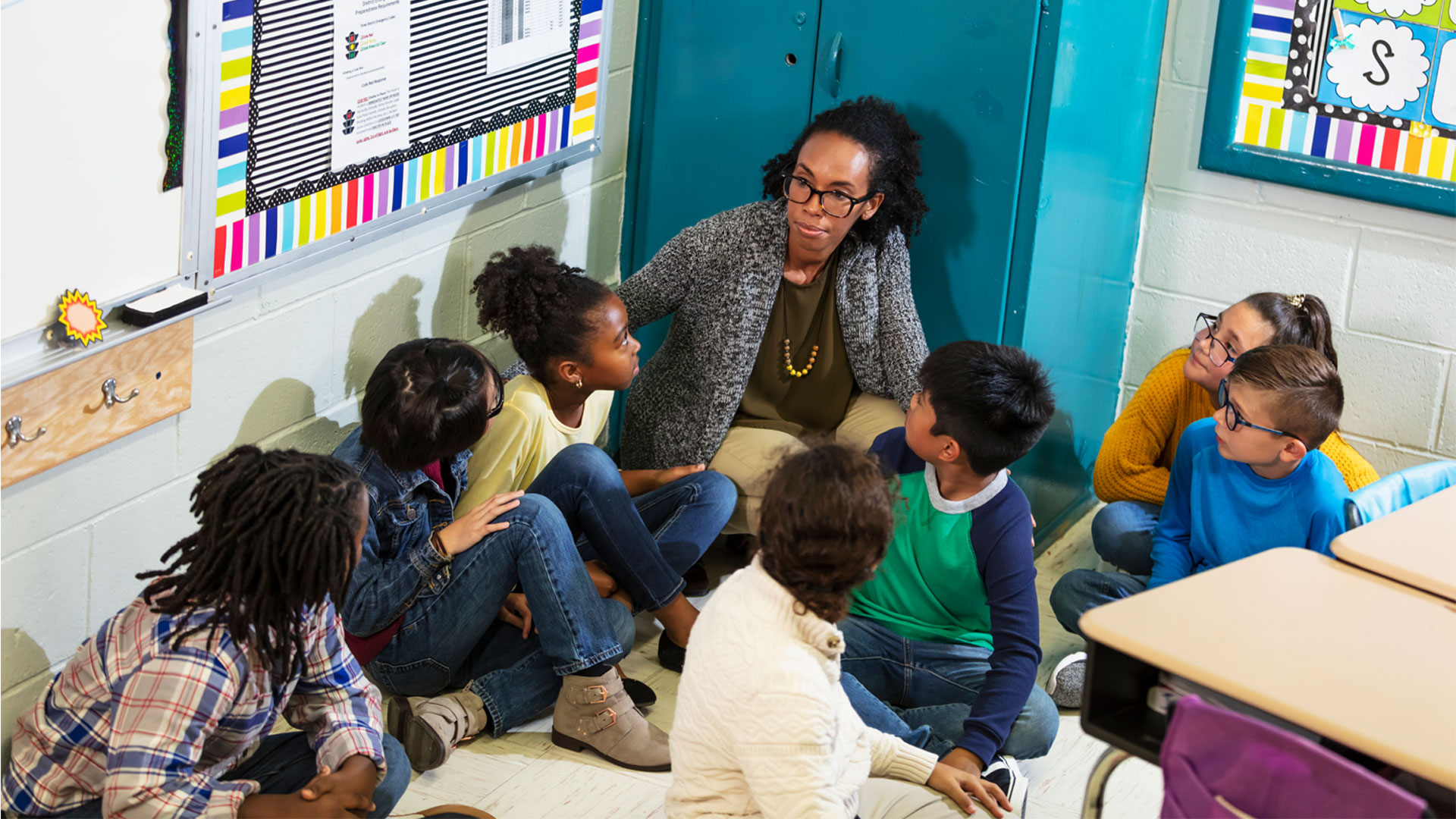The Impact of School Lockdown and Active Shooter Drills on Neurodivergent Kids

Donna Provencher of Texas was shocked when her eight-year-old son, who was diagnosed with ADHD, a clinical anxiety disorder, and an adjustment disorder, recently asked her: “Do you remember when that school shooter came to my school, like at Uvalde? We had to get on the ground. They told us we were in danger and that someone could come in the room and hurt us.”
Provencher was puzzled. There hadn’t been a shooting at her son’s school. Then she pieced together his confusing account. She explained that he had experienced an active shooter lockdown drill.
“It was a drill?” he asked. “I thought we were going to die.”
Active shooter drills are designed to protect students during mass shootings, which are on the rise in the U.S. Drills are conducted in most K-12 schools, according to Everytown for Gun Safety, a research and advocacy group. In some schools, drills are unannounced and carried out to simulate a mass shooting in real time, using sensorial elements such as sounds, images, and play-acting to make it feel real. The drills require students and staff to remain on lockdown in a designated area and practice emergency procedures, such as staying quiet, turning off lights, and distracting or even fighting the shooter.
The purpose of active shooter drills is to teach students emergency protocols, make staff more prepared, and identify weak points in emergency response plans. However, there is little research to support the effectiveness of simulated active shooter drills. Indeed, a growing body of research suggests that these drills increase depression, stress, anxiety, and physiological problems in some students from kindergarten to high school, and in some parents and teachers as well.
The drills are particularly frightening for students like Provencher’s son, who may struggle to process information due to conditions like ADHD or autism, and who are more vulnerable to experiencing negative mental health outcomes.
“My son has invisible disabilities. If you made a general announcement to the class, it would not occur to you that he would miss it,” Provencher says. “I can’t 100 percent say that the drill was not communicated to him, but I can say it was not communicated in a way in which he could understand.”
In a research report on the impact of active shooter drills in schools by Everytown, a parent was quoted as saying: After drills, kids “think a villain is coming to school and wonder when it’s happening, not if it’s happening.” The report also quoted a teacher: “I can tell you we were not okay” after drills. “We were in bathrooms crying, shaking, not sleeping for months.”
The Everytown report also underscored the lack of research on the long-term consequences of shooter drills on students, who it said were now forced to confront their own mortality at such young ages. “The cumulative impact of shooter drills, lockdowns, metal detectors … and other measures is an environment that feels inherently unsafe for America’s schoolchildren,” Sarah Burd-Sharps, a researcher at Everytown, told The Hill website.
Some small studies have found that school shooter drills did not elevate anxiety in students when done in accordance with best practices and without sensorial elements.
Not surprisingly, the risk of traumatizing students increases when school safety measures are implemented without first ensuring that neurodivergent kids understand that drills are not real live events.
“Think about when you’re feeling anxious; we all have that fight, flight, freeze, or fawn response,” says Rebecca Winters, Ph.D., an assistant professor in the Counseling Psychology and Special Education Department at Brigham Young University. “A lot of kids’ instincts are to flee, but they’re being asked to stay in [a dangerous] place and to stay calm and quiet. That’s really difficult for a student who is neurodivergent. They have to fight against their natural instincts. It’s important to practice that with them but to do so in a way that’s not threatening.”
Experts say schools should make sure that:
Parents, teachers, and school administrators can mitigate anxiety in their neurodivergent students (and all students) by following these tips.
CELEBRATING 25 YEARS OF ADDITUDE Since 1998, ADDitude has worked to provide ADHD education and guidance through webinars, newsletters, community engagement, and its groundbreaking magazine. To support ADDitude’s mission, please consider subscribing. Your readership and support help make our content and outreach possible. Thank you.




